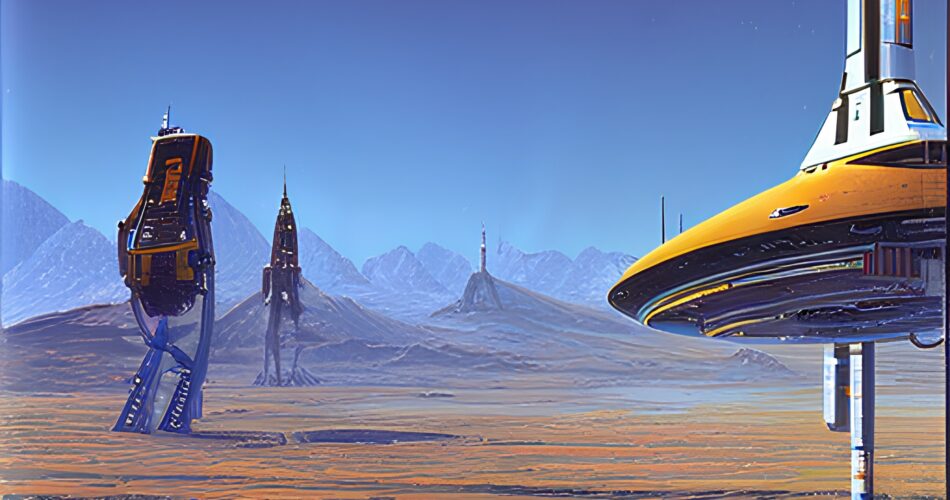AI accelerates this process
The concept of “singularity”, which takes terminology from black hole physics, is prevalent in the field of artificial intelligence. This idea depicts the point at which AI becomes uncontrollable and quickly changes society. AI singularity it’s very difficult to forecast where it starts and practically impossible to know what lies beyond this technological “event horizon” where almost anything will be technologically possible.

According to this article, some AI researchers, on the other hand, are looking for indicators of singularity, measured by how AI development is moving closer to human-like capabilities. According to Translated, a translation agency, one such metric is an AI’s ability to accurately translate speech. Since one of the most challenging AI problems is language, a machine that could overcome this obstacle would theoretically display evidence of artificial general intelligence (AGI) namely the ability of an intelligent agent to understand or learn any intellectual task that a human being can.
“That’s because language is the most natural thing for humans”, Translated CEO Marco Trombetti said at a conference in Orlando, Florida, in December. “Nonetheless, the data Translated collected shows that machines are not that far from closing the gap”.
A statistic known as “Time to Edit”, or TTE, was used by the company to monitor the performance of its AI from 2014 through 2022. It estimates how much longer it takes skilled human editors to correct AI-generated translations than human personnel. Over those 8 years and after examining over 2 billion post-edits, Translated’s AI demonstrated a moderate but noticeable improvement as it gradually narrowed the quality difference toward human levels.
According to Translated, it takes about one second on average for a human translator to edit each word of another human translation. A machine-translated (MT) suggestion was checked by professional editors in about 3.5 seconds per word in 2015; today, that time is lowered to about 2 seconds. By the end of the decade, if the current pattern holds, Translated’s AI will be just as accurate as a translation made by a person (or even sooner).
“The change is so small that every single day you don’t perceive it, but when you see progress… across 10 years, that is impressive”, Trombetti said on a podcast in December. “This is the first time that someone in the field of artificial intelligence did a prediction of the speed to singularity”.
Of course, this is a creative way of measuring how close mankind is to the singularity, although this concept of the singularity has the same issues as a more general definition of AGI. Though mastering human speech is undoubtedly a frontier in AI research, a computer need not be intelligent just because it possesses this great skill (especially considering how many experts disagree even on what “intelligence” is).
Anyway, although it is not easy to predict when will this singularity occurs. What is certain, however, is the impact AI is now having on people who interact with it, as the conversational ability of AI such as ChatGPT far exceeds the ability to translate, and it has become the ultimate source of information for any subject. So the approach to information has already changed since it is almost like having an expert person on every subject at your fingertips, without the need to look elsewhere.
